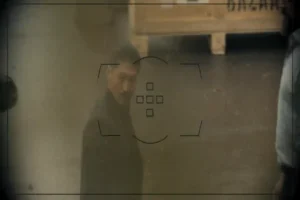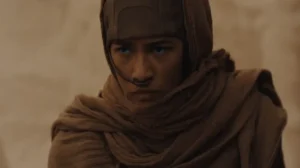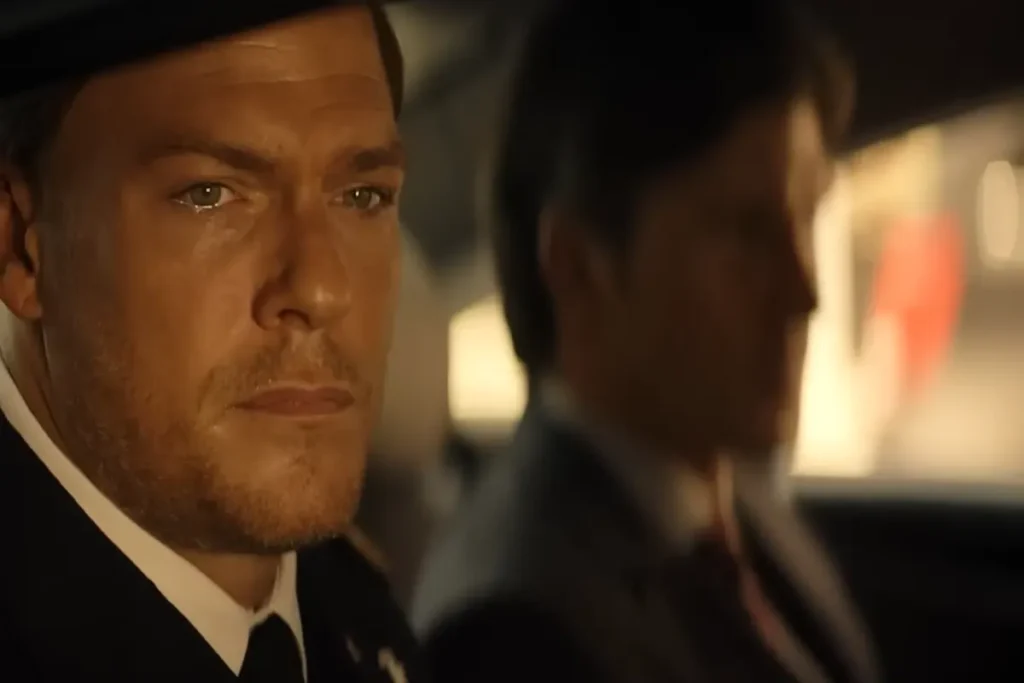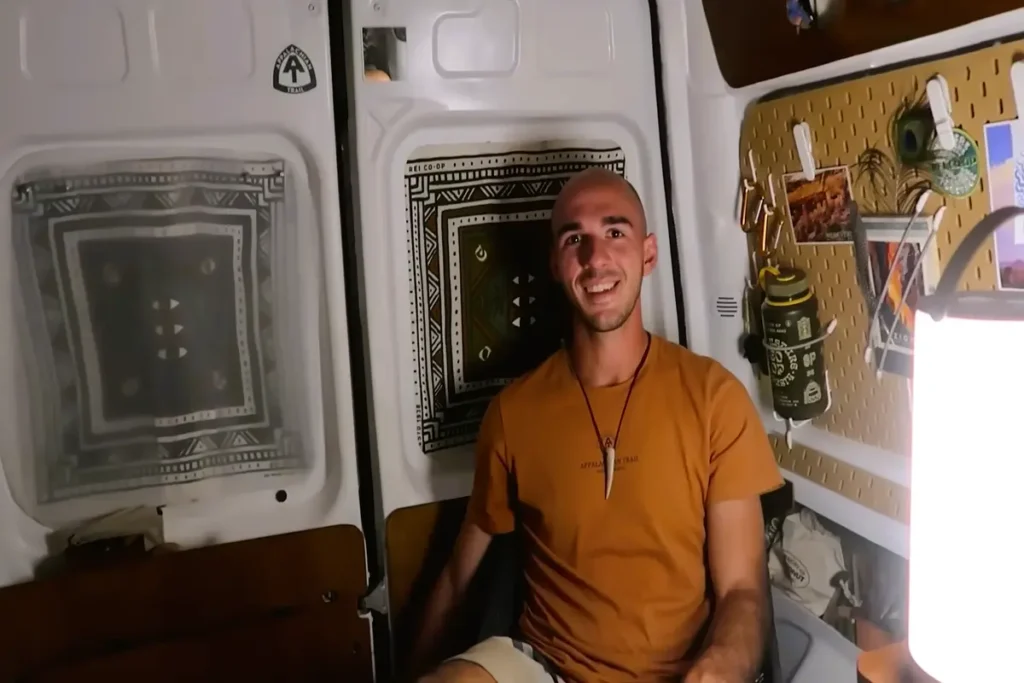- The hit History Channel series Vikings came to a natural conclusion after six seasons in 2020
- Creator Michael Hirst’s decision to end the show was driven by the strain of producing such an ambitious series
- The finale provided fitting conclusions for the characters’ arcs, while a sequel series continues the Viking legacy
After nearly a decade of captivating audiences with its epic tales of Scandinavian warriors, the acclaimed series Vikings bid farewell with its sixth season in 2020. The History Channel’s flagship show, which followed the legendary Ragnar Lothbrok and his descendants, reached a fitting conclusion that satisfied fans and brought closure to the beloved characters’ journeys.
What Was the Ending of Vikings About?
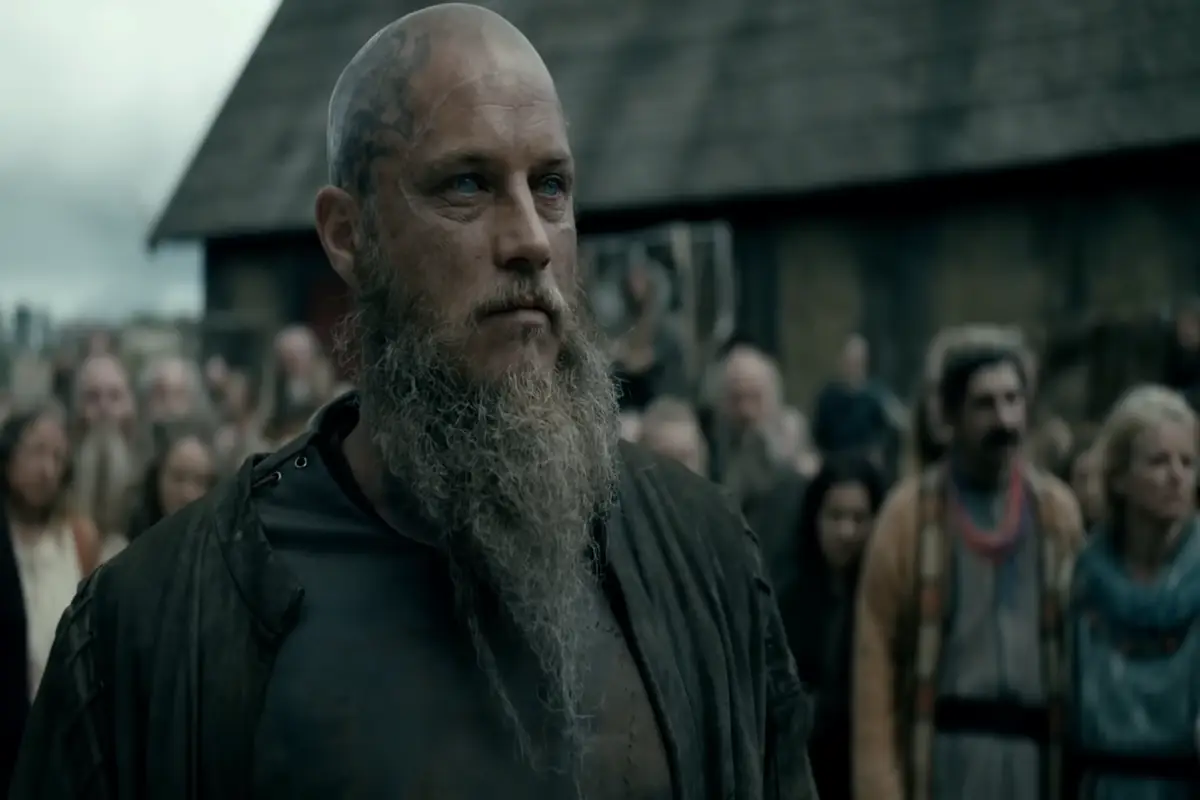
Following Ragnar’s death in Season 4, the latter half of the series focused on the exploits of his sons as they forged their own paths. The final season expertly tied up the various storylines, giving each character a suitable sendoff that aligned with their character arcs.
Ubbe, one of Ragnar’s sons, embarked on a journey to the Golden Land (North America), abandoning his Viking life after encountering a group of Native Americans. The season also revealed the surprising survival of the eccentric Floki, who had seemingly perished earlier. His encounter with Ubbe underscored the importance of religion in the series and Floki’s growth beyond his blind faith in the Norse gods.
Meanwhile, Ivar experienced a redemptive arc, embracing death in battle against King Alfred’s army. Hvitserk, fascinated by Christianity, converted to the religion and even changed his name to Athelstan. In a twist, none of Ragnar’s sons ascended to the throne of Kattegat, with Bjorn’s second wife, Ingrid, becoming the queen after Harald’s death.
READ MORE: Dwayne Johnson and Ryan Reynolds Allegedly Clash on Red Notice Set
Why Did the Vikings End with Season 6?
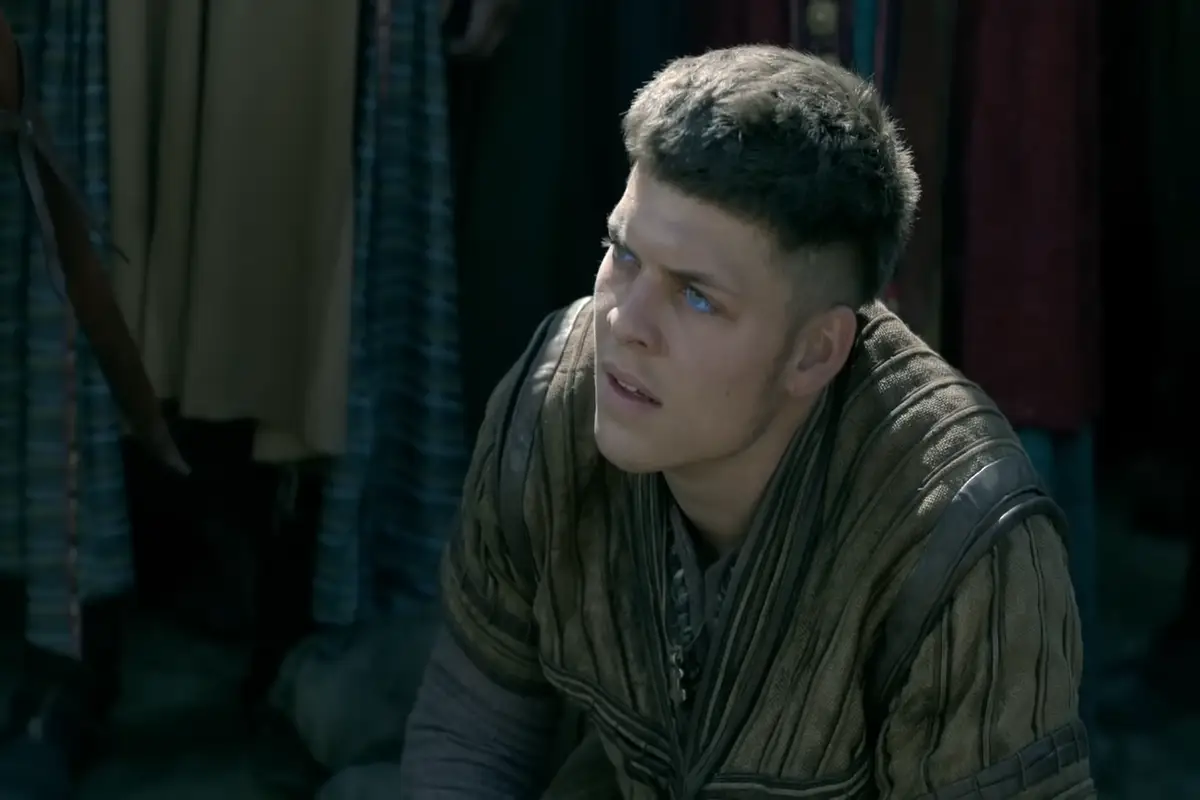
As per CBR, according to creator Michael Hirst, the decision to conclude the series after six seasons was not due to network demands but rather his own creative vision and personal circumstances. Hirst had always envisioned the narrative culminating with the Vikings discovering North America, a milestone achieved in Season 6.
Additionally, the production demands of the ambitious series had taken a toll on Hirst, with each season requiring an increased workload. The History Channel initially conceived Vikings as a miniseries but later expanded it to 20 episodes per season, doubling the workload for the showrunner. Recognizing the strain on himself and his family, Hirst decided to bring the series to a logical conclusion, avoiding creative burnout and allowing him to wrap up each character’s arc satisfactorily.
READ MORE: Taylor Swift’s ‘The Tortured Poets Department’ Debuts with 2.61 Million Units, Biggest in Nine Years
The Legacy of Vikings Continues
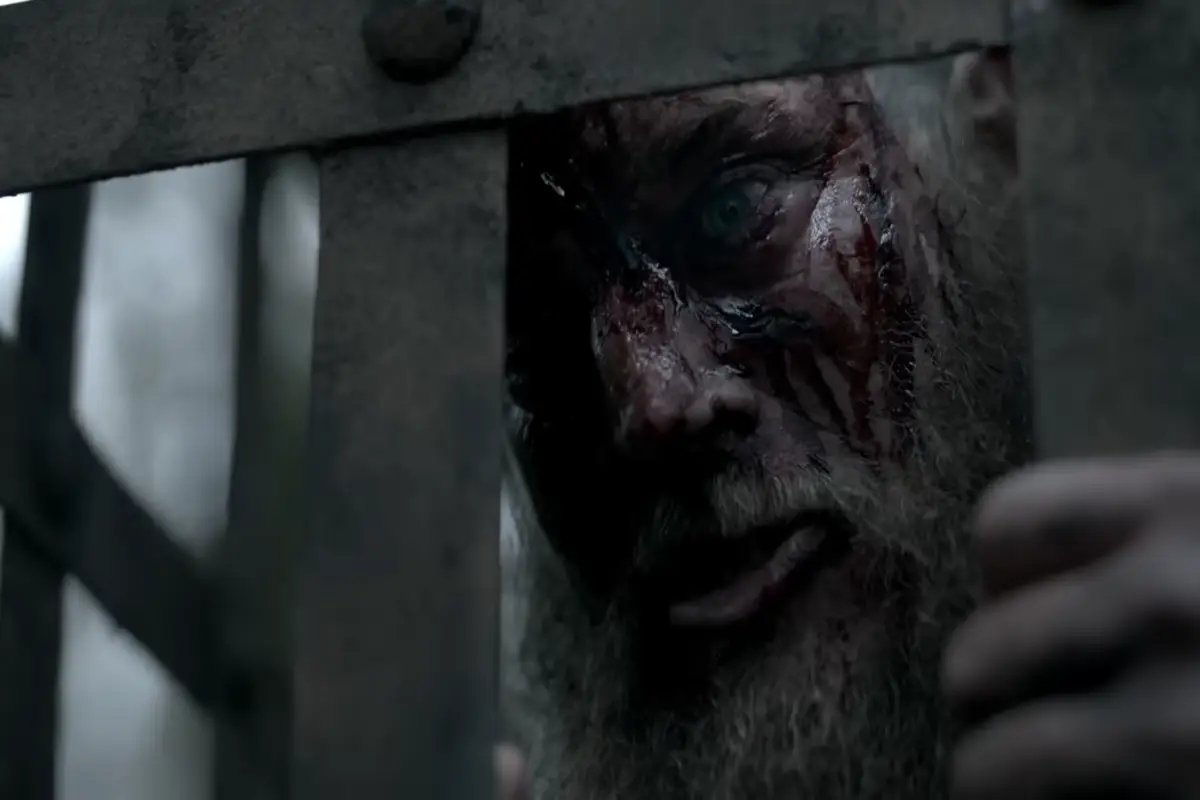
While the original series may have ended, the Viking saga continues with the sequel/spinoff series Vikings: Valhalla. Set over 100 years after the events of Vikings, the Netflix series follows historical figures like Leif Erikson during the final years of the Viking Age, spanning from the St. Brice’s Day massacre in 1002 to the Battle of Stamford Bridge in 1066.
Vikings: Valhalla is expected to conclude with its third and final season in 2024, marking the end of an era for the franchise. However, the legacy of Vikings will endure, with fans forever remembering the epic story that began with Ragnar Lothbrok and his unforgettable impact on his sons and their adventures.
READ MORE: Vikings: True Story vs. TV Show Adaptation
Vikings: Valhalla is currently streaming on Netflix, while the original Vikings series is available on various platforms, including Hulu and Amazon Prime Video.
Stay updated with the Latest News and Stories, follow us on our social media platforms.
You can follow us on:
Stay Connected!! Join our Whatsapp Channel


